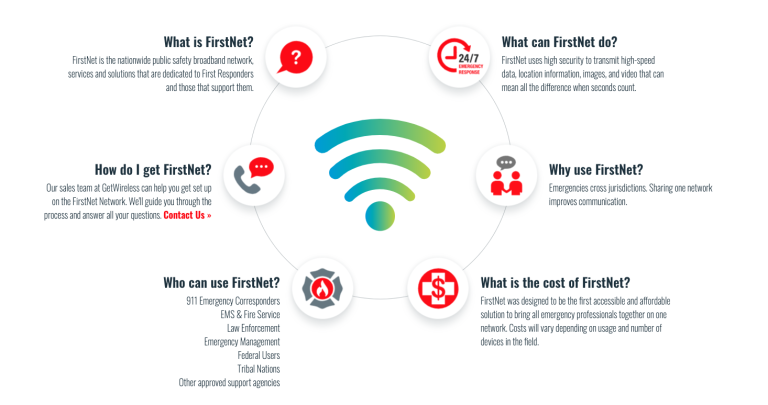Complete Guide to 5G Certification Exams: From 4G LTE to 3GPP Release 18
telcomatraining.com – As the global demand for high-speed, low-latency wireless communication grows, 5G networks have become the backbone of modern connectivity. With this rise comes the need for qualified professionals who understand the full landscape of mobile networks—from the legacy 4G LTE systems to the newest advancements outlined in 3GPP Release 18. If you’re aiming to validate your expertise and boost your career in telecom, 5G certification exams are the right step forward. This comprehensive guide explores everything you need to know to succeed.
Why 5G Certification Matters
5G certifications validate your technical knowledge, demonstrate your commitment to continuous learning, and can significantly enhance your job prospects. Companies across industries are seeking skilled engineers, architects, and consultants who can deploy and manage 5G systems. Certification acts as proof that you can handle real-world challenges and keep up with rapidly evolving standards.
Prerequisites: Understanding 4G LTE
Before diving into 5G, a solid understanding of 4G LTE is crucial. Many certification programs, such as those from Nokia Bell Labs, Ericsson, or the Telecommunications Industry Association (TIA), expect candidates to be familiar with LTE concepts, including:
- OFDMA and SC-FDMA modulation techniques
- Evolved Packet Core (EPC)
- Carrier aggregation
- LTE-Advanced features
This foundational knowledge helps you grasp 5G’s architecture and its enhancements over LTE.
Key 5G Technologies Covered in Exams
Certification exams typically cover the following 5G pillars:
- New Radio (NR): Understanding of spectrum usage (Sub-6 GHz and mmWave), beamforming, and massive MIMO.
- 5G Core (5GC): Introduction to Service-Based Architecture (SBA), Network Slicing, and Control/User Plane Separation (CUPS).
- Edge Computing & Network Slicing: Enables ultra-reliable, low-latency communications (URLLC) for critical applications.
- Security and Privacy Enhancements: Includes authentication, encryption, and data protection improvements from 4G.
The Role of 3GPP Releases in Certification
The 3rd Generation Partnership Project (3GPP) releases define the global standard for mobile communications. Most certification courses cover:
- Release 15: Initial phase of 5G NR deployment.
- Release 16: Introduced advanced V2X (Vehicle-to-Everything), enhanced URLLC, and Industrial IoT features.
- Release 17: Focused on satellite integration, RedCap devices, and further improvements to mMTC.
- Release 18: Known as “5G Advanced,” this release introduces AI/ML integration in RAN, enhanced XR (Extended Reality) support, and network automation.
Keeping up with these releases ensures your skills remain current with the latest industry standards.
Top 5G Certification Providers
Some of the most recognized certifications include:
- Nokia Bell Labs 5G Certification
- IEEE 5G Training and Certification
- Coursera/edX 5G Programs from top universities (e.g., NYU, UCSD)
- Telecom Infra Project (TIP) training modules
- 5G Academy by Ericsson
When selecting a program, make sure it aligns with your career goals—whether you aim to work in R&D, network deployment, or IoT integration.
Exam Preparation Tips
- Follow the 3GPP specifications available on their official website. Focus on TS 38 series for NR.
- Use simulation tools like MATLAB or NS3 to understand network behavior.
- Join industry forums such as 5G Americas, TelecomTV, or LinkedIn groups.
- Practice with mock tests to familiarize yourself with exam formats and timing.
Career Opportunities After Certification
Certified professionals can explore roles such as:
- 5G Network Engineer
- RF Optimization Specialist
- IoT Solution Architect
- Telecom Product Manager
- Protocol Test Engineer
These roles are in high demand in industries like telecom, automotive, manufacturing, and even healthcare.
Conclusion
The journey from 4G LTE to mastering 5G and understanding 3GPP Release 18 is both challenging and rewarding. As 5G networks evolve to support more intelligent, autonomous systems, staying certified ensures you remain a relevant and valuable asset in the telecom workforce. Investing in a 5G certification exam is more than a credential—it’s a gateway to shaping the future of global communication.







